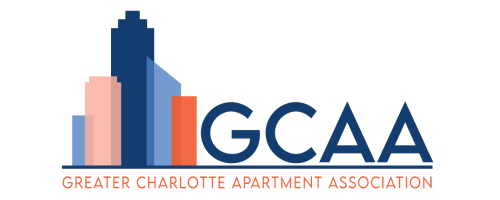Statewide Water Distribution Issue Affects Housing Affordability
GCAA has been working with the Home Builders Association, REBIC and others to help resolve an issue created by a regulatory change in the General Statutes that governs the permitting and inspection procedure for site domestic water lines for private water distribution systems. Previously, the review and inspection of these water lines were administered by Charlotte Water as a delegated authority by the State Division of Water Quality (DWQ). However, in late 2019, the administration for the private portion of this work (past the meter and up to the building(s)) was transferred from Charlotte Water to Mecklenburg County Building Standards, which put the regulation of it under the State Plumbing Code. Because of State Plumbing Code regulations, that include the piping material used, this regulatory change has resulted in significantly increased costs to development projects that will trickle down to the renter and homebuyer.
Two approaches to resolving these issues are being pursued:
- A legislative change (led by the Homebuilders Association) to G.S. 130A-314 that would characterize private water distribution systems as “public water systems” subject to Article 10 of the North Carolina Drinking Water Act and thereby subject such systems to review and permitting by the NCDEQ Division of Water Resources. In effect, this would allow the design and permitting of private water distribution systems to revert to the way that it was done prior to the 2019 change in policy.
- Changes to the State Plumbing Code that will accommodate the design practices common for site water distribution systems (e.g., use of C900 PVC pipe) for “water service pipes” and couple this with an alternate permitting approach that delegates responsibility to the design professional for certifying that the design and installation conform to code requirements.
This State regulatory development issue that is now being led by the AANC’s Regulatory Subcommittee.
